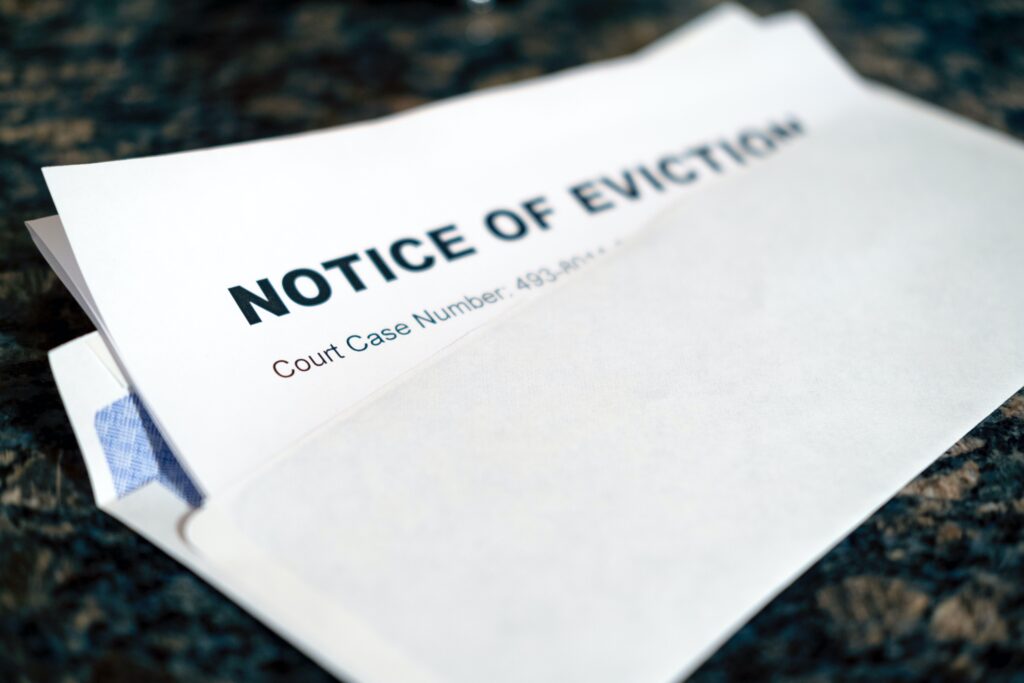Probate thresholds are likely to be something you need to understand when dealing with a loved one’s estate after they’ve passed away. But how much money can you access without needing probate? The answer isn’t always straightforward and can vary depending on the financial institution. Here, we break down probate thresholds, explain when probate is necessary and offer tips to navigate this complex process.
What is probate?
Probate is the legal process of administering someone’s estate after they die. It involves validating their will, paying off any debts and distributing the remaining assets to beneficiaries. However, not all estates require probate, which is where probate thresholds come into play.
Probate thresholds explained
The probate threshold is the maximum amount of money that can be released from the deceased’s accounts without requiring a grant of probate. This threshold varies between financial institutions:
- Banks and building societies: Usually between £5,000 and £50,000
- Premium Bonds: £5,000
- Shares: Typically around £10,000 to £20,000
It’s important to note that these are general guidelines. Always check with the specific institution for their exact threshold.
Why do probate thresholds exist?
Probate thresholds serve several purposes:
- To protect the financial institution from potential liability
- To simplify the process for smaller estates
- To prevent fraud and ensure the rightful beneficiaries receive the assets
Probate thresholds by institution
Let’s take a closer look at some common financial institutions and their typical probate thresholds:
| Institution Type | Institution Name | Probate Threshold |
| High street banks | Barclays | £50,000 |
| HSBC | Case-by-case basis | |
| Lloyds Bank | £50,000 | |
| NatWest | £25,000 | |
| Santander | £50,000 | |
| Building societies | Nationwide | £50,000 |
| Yorkshire Building Society | £30,000 | |
| Coventry Building Society | Not specifically listed* | |
| Investment platforms | Hargreaves Lansdown | £20,000 |
| AJ Bell | £20,000 | |
| Interactive Investor | £20,000 |
Remember that these thresholds can change, so always check with the institution directly for the most up-to-date information.
When is probate needed?
Probate is typically required when:
- The estate’s total value exceeds the probate threshold
- The deceased owned property in their sole name
- There are certain types of assets, like stocks or shares
- The will is contested
However, even if the estate’s value is below the threshold, some institutions may still require probate if the estate is complex or there are disputes among beneficiaries.
How to check if probate is needed
To determine whether probate is necessary, follow these steps:
- Make a list of all the deceased’s assets and their approximate values
- Contact each financial institution holding the deceased’s assets
- Provide the death certificate and ask about their specific probate threshold
- Compile the information to see if the total value exceeds the thresholds
If the total value is below all relevant thresholds, you may be able to avoid probate altogether.
Avoiding probate: Is it possible?
While you can’t always avoid probate, there are ways to minimise its scope:
- Joint ownership: Assets held jointly usually pass to the surviving owner without probate
- Life insurance policies: These typically don’t require probate if there’s a named beneficiary
- Small estates: If the total value falls below the threshold, probate may not be necessary
- Trusts: Assets held in trust often bypass probate
Costs associated with probate
Probate fees can include:
- Application fee: £300 for estates over £5,000 (no fee for estates under £5,000)
- Solicitor fees: These vary but can be substantial for complex estates. Always get at least 3 quotes from independent solicitors.
- Valuation fees: You may need to pay for professional valuations of property or valuable items
- Advertising costs: In some cases, you may need to place notices in local papers
The total cost of probate can range from a few hundred pounds for simple estates to several thousand for more complex cases.
What happens if you don’t get probate when it’s needed?
Failing to obtain probate when it’s required can lead to serious consequences, such as the inability to access or distribute the deceased’s assets. On top of that, there may be legal complications and potential disputes among beneficiaries.
For example, beneficiaries may contest the will, resulting in prolonged court battles and additional legal fees. Creditors might also step in to claim their dues from the estate, creating further delays and complications. Without probate, it can be difficult to transfer ownership of property, manage investments or handle financial accounts, leaving the estate in a state of limbo and potentially diminishing its value due to increasing unresolved debts and extended administrative costs.
Other factors to consider include:
- The inability to access or distribute the deceased’s assets
- Legal complications and potential disputes among beneficiaries
- Personal liability for any unpaid debts or taxes
- Difficulty selling property owned by the deceased
It’s always better to err on the side of caution and seek probate if you’re unsure.
Tips for navigating probate thresholds
Fortunately, there are some actions you can take to avoid headaches, including
- Acting quickly: Some institutions may release funds without probate if approached soon after the death
- Getting multiple copies of the death certificate: You’ll need these for various institutions
- Keeping detailed records: Document all communications and transactions related to the estate
- Being honest and transparent: Provide accurate information to all institutions involved
- Using a probate specialist: They can help navigate complex cases
Challenges with probate thresholds
While probate thresholds can simplify the process for smaller estates, they can also present challenges:
- Varying thresholds: Different institutions having different thresholds can make the process confusing.
- Changing policies: Banks may change their thresholds without notice.
- Complex estates: Even if individual accounts are below thresholds, the total estate value is what will typically determine whether probate is needed.
- Time-sensitive decisions: Some institutions may have time limits for releasing funds without probate.
Alternative options to probate
In some cases, you might be able to bypass probate:
- Small estates process: For estates valued under £5,000, you may be able to use a simplified process.
- Statutory declaration: Some institutions accept a statutory declaration instead of probate for smaller amounts.
- Indemnity: In some cases, you might be asked to sign an indemnity to access funds without probate.
Always check with the relevant institutions to see what options are available.
What should I do after probate?
Once probate has been granted, you’ll need to take several important steps to finalise the estate. First, gather all the deceased’s assets, including property, investments and personal belongings. You’ll then need to settle any outstanding debts and taxes from the estate. This might include funeral expenses, utility bills or inheritance tax.
In the UK, you are legally obliged to pay inheritance tax within 6 months of the date of death. This law often puts a lot of pressure on many executors to liquidate assets quickly to cover the cost of the tax.
If the estate includes property, you’ll need to decide whether to sell it or transfer ownership to the beneficiaries.
If you have a significant inheritance tax bill to pay, it’s often prudent to sell the property to cover the cost of the tax. Therefore, you might be looking for a quick and hassle-free way to sell it. This is where Property Rescue is particularly helpful. We buy probate properties quickly. By selling the probate property directly to us, it means you will have the cash from the property in your bank, ready to use, within just a couple of weeks, which will help you deal with inheritance tax and other financial obligations.
We offer a streamlined process that is considerably faster than the traditional property market.
Property Rescue also buys properties in any condition, so you won’t need to worry about making improvements before selling. If you’re interested in exploring this option, get a free, no-obligation quote to see how much the property is worth.
Probate threshold FAQs
Does each bank have its own threshold?
Yes, thresholds can vary between banks and even between different accounts within the same bank.
What if the deceased had multiple accounts with the same bank?
Some banks may combine the balances of all accounts when applying their threshold, while others may treat each account separately, while others will look at the overall value of the entire estate. You should speak to the deceased bank about their policy.
Can I still access joint accounts without probate?
Generally, yes. Joint accounts usually pass to the surviving account holder without needing probate.
What about Premium Bonds?
National Savings and Investments (NS&I) has a threshold of £5,000 for Premium Bonds.
Do ISAs require probate?
ISAs are subject to the same thresholds as other accounts with the relevant institution.








